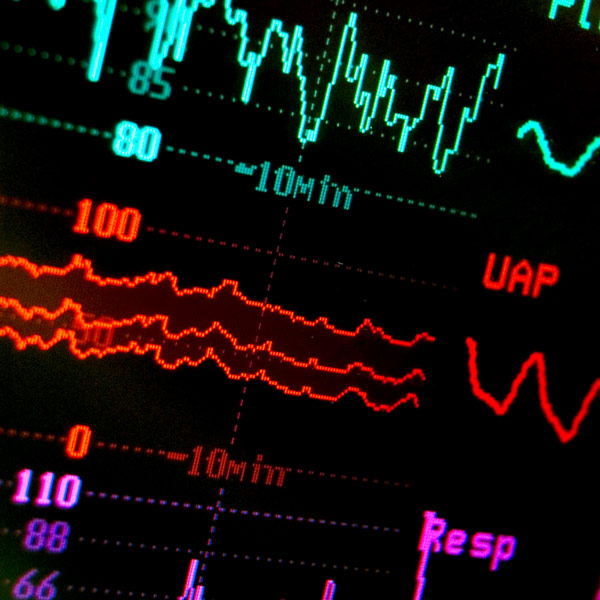
TUESDAY, March 1 (HealthDay News) — In people with heart disease, the use of blood pressure-lowering medications can be beneficial, even in those who don’t have high blood pressure, new research suggests.
The study found that when people without high blood pressure were given blood pressure drugs, their risk of congestive heart failure, stroke, all-cause mortality and a combination of cardiovascular disease outcomes were reduced.
“If someone has had a previous heart attack or other cardiovascular event, and their blood pressure is in the normal range, they’re still at risk of future cardiovascular events. There may be an additional benefit to giving an anti-hypertensive medication to these folks,” said study author Angela M. Thompson, a doctoral research fellow in the department of epidemiology at Tulane University School of Public Health and Tropical Medicine in New Orleans.
“Current treatment recommendations advise treatment when the blood pressure is over 140/90 mm/Hg, but our study shows that you can obtain benefits even when the blood pressure is below that,” Thompson explained.
In fact, the risk for cardiovascular disease begins at 115 mm/Hg of systolic pressure (the top number on a blood pressure reading), according to background information in the study.
In addition, in adults 55 years and older, the lifetime risk of developing hypertension is more than 90 percent, the study noted.
The study, which was funded by Tulane University and the National Institutes of Health, was published in the March 2 issue of the Journal of the American Medical Association.
Cardiovascular disease is the leading cause of death in the United States, according to background information in the study. About 54 percent of strokes and 46 percent of heart disease cases occur in people who have blood pressure levels in the normal range, the study reported.
The current study is a meta-analysis of 25 reports that were selected from a pool of 874 studies. The selected studies included almost 65,000 people without high blood pressure, and three-quarters of the study participants were men. All had a history of heart attack or other cardiovascular disease.
Most of the study volunteers were taking blood pressure medications known as beta blockers or angiotensin-converting enzyme (ACE) inhibitors, two commonly used classes of drugs for lowering blood pressure.
The researchers found that people taking blood pressure medications had a 23 percent reduced risk of stroke, a 29 percent reduced risk of congestive heart failure and a 15 percent reduction in the risk of a combination of cardiovascular events. In addition, the risk of cardiovascular mortality was reduced by 17 percent, and the risk of all-cause mortality dropped by 13 percent in those taking these medications compared to those who weren’t on the drugs.
Thompson said the researchers don’t know exactly how blood pressure medications lowered the risk of cardiovascular events, because this wasn’t a study designed to look at the mechanism behind the effect.
He and the other researchers reported no conflicts of interest.
Dr. Mario Garcia, chief of cardiology at Montefiore Medical Center in New York City, said the findings were “not surprising or unexpected. These drugs all have beneficial effects beyond lowering blood pressure. These drugs have already been shown to prevent events in patients with heart attacks or heart failure.”
Dr. Hector Ventura, director of cardiomyopathy and heart transplantation at the Ochsner Health System in New Orleans, said, “This study is kind of novel because they looked at people treated with blood pressure medications without hypertension. And, even in people without so-called hypertension, there might be a benefit from these medications,” he said.
But, he said, there are still a lot of unanswered questions. In some cases, these medications could make blood pressure too low. And, people would likely need to be on these medications indefinitely, possibly for years. So, costs and potential side effects have to be considered, said Ventura, who wrote an accompanying editorial in the same issue of the journal.
In the editorial, Ventura concluded that the meta-analysis “demonstrates
that treatment of blood pressures lower than 140/90 mm/Hg is associated with benefits for patients with [cardiovascular disease], but more clinical trial data are needed for those without CVD.”
More information
Learn more about blood pressure medications from the American Heart Association.

